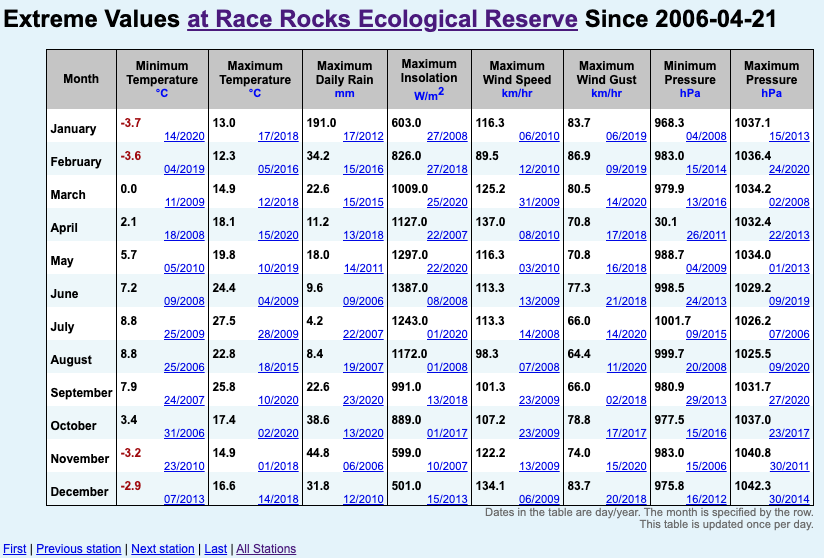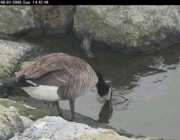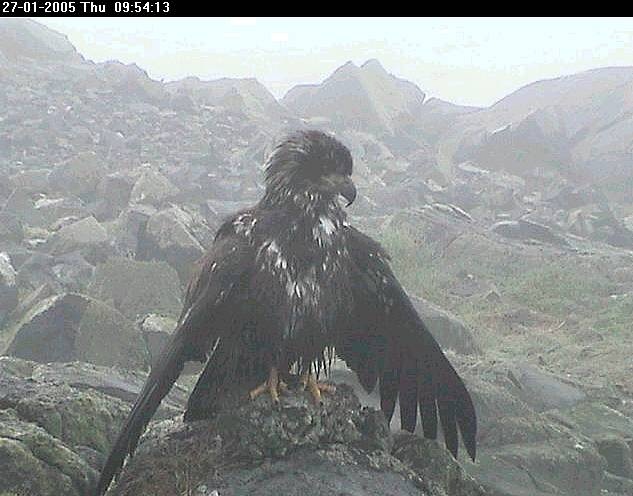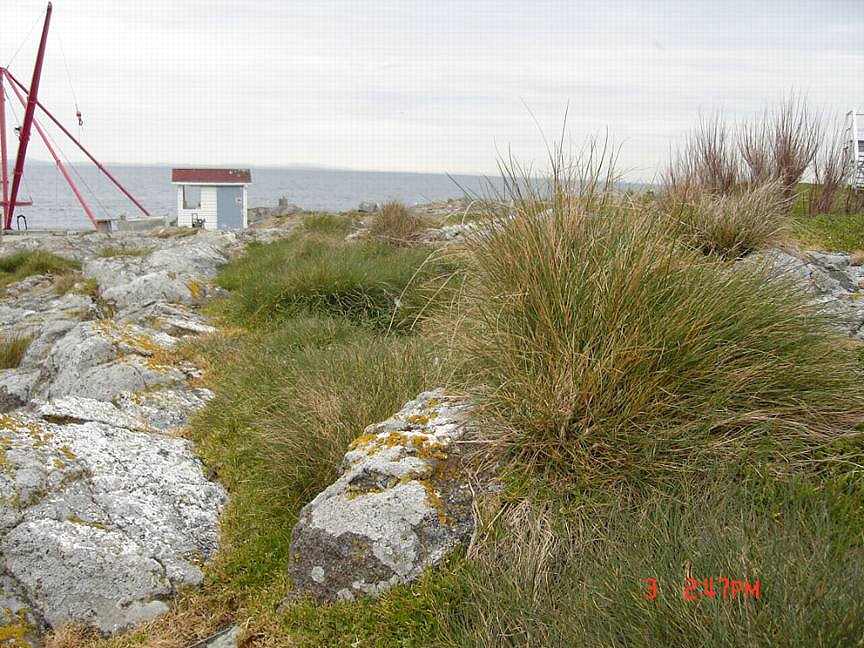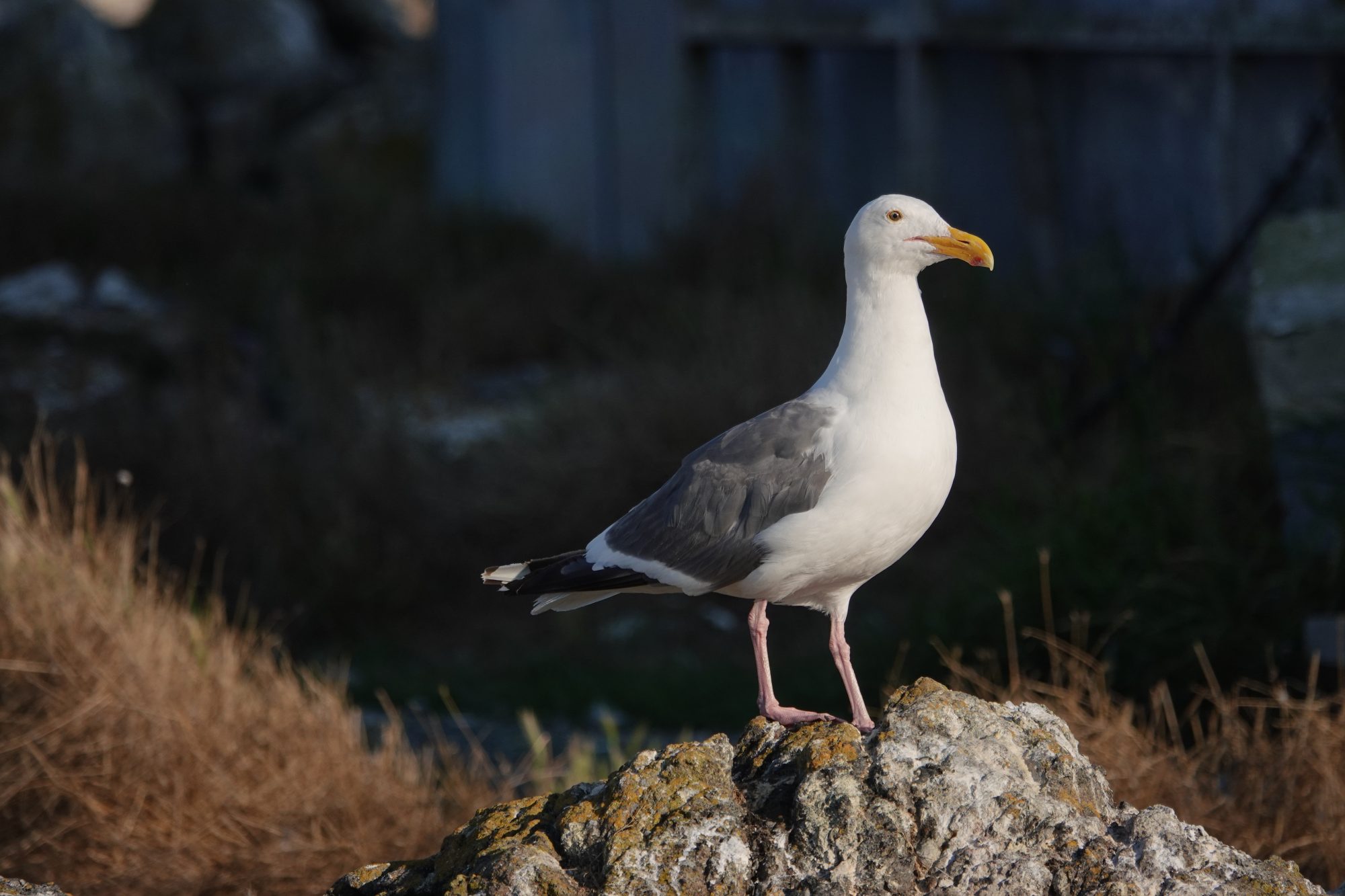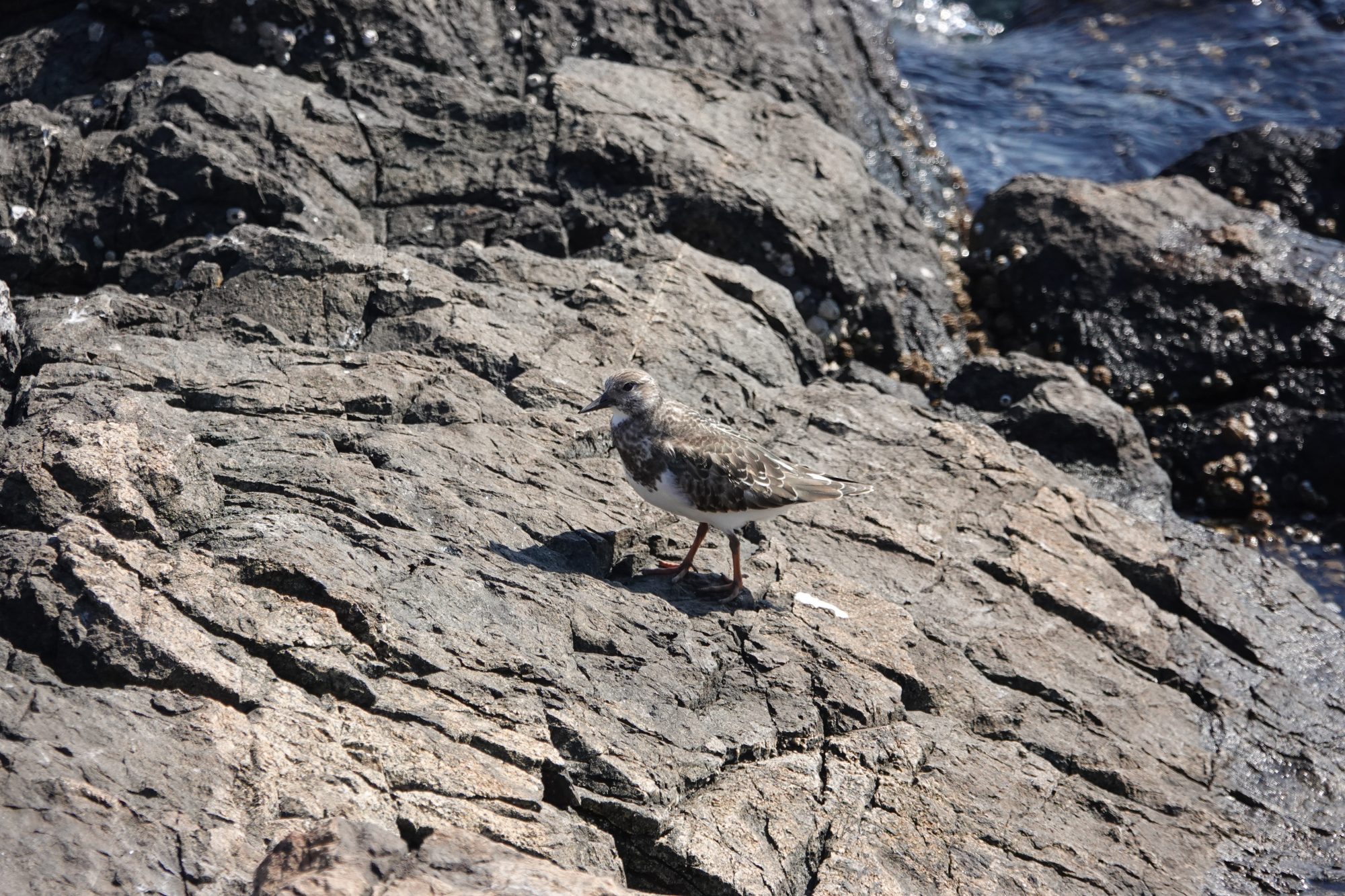Rainfall at Race Rocks. Recorded by a Davis Instruments tipping bucket rain gauge. These graphs are made possible by the website victoriaweather.ca
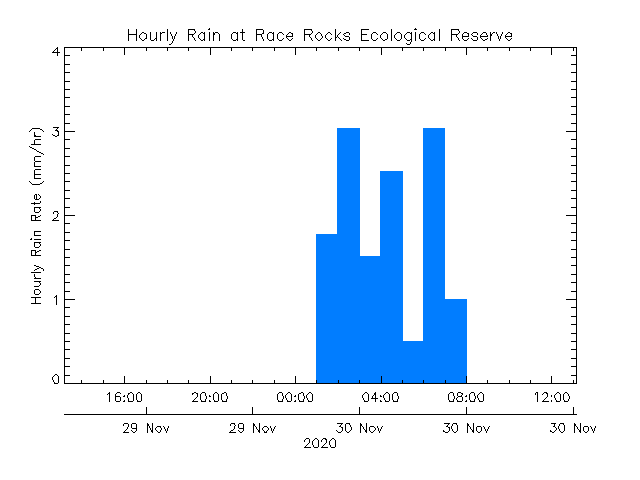 Hourly Rainfall today at Race Rocks
Hourly Rainfall today at Race Rocks
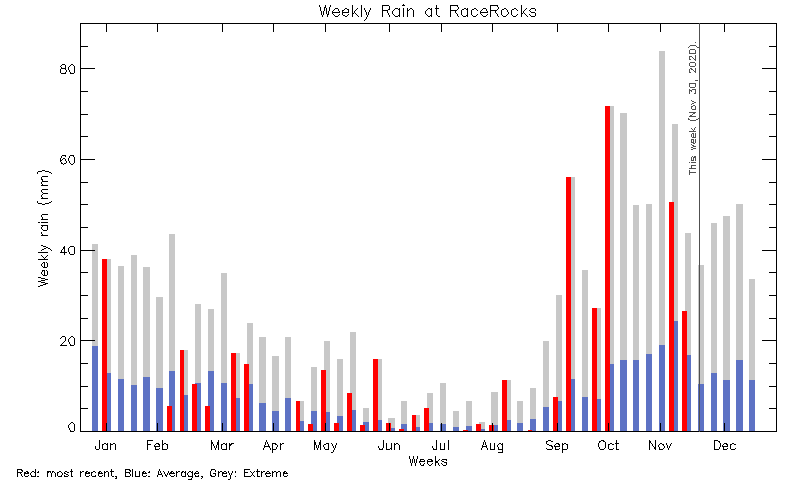 Rainfall for the past week at Race Rocks
Rainfall for the past week at Race Rocks
![]() Rainfall for 2020 at Race Rocks
Rainfall for 2020 at Race Rocks
| ARCHIVES 2016 Rainfall for 2016NOTE MISSING DATA in 2016 due to equipment failure |
2015: Monthly Totals are shown. ( Includes data and graphs at this site.) | 2014: Monthly Totals are shown. ( Includes data and graphs at this site.) | 2013: Monthly Totals are shown. ( Includes data and graphs at this site.) | 2012: Monthly Totals are shown. ( Includes data and graphs at this site.) | 2011: Monthly Totals are shown. ( Includes data and graphs at this site.) | 2010: Monthly Totals are shown. ( Includes data and graphs at this site.) | 2009: Monthly Totals are shown. ( Includes data and graphs at this site.) Note : Jan to July.. equip failure. | 2008: Monthly Totals are shown. ( Includes data and graphs at this site.) equipment failure gives blank records for several days | 2007: Monthly Totals are shown. ( Includes data and graphs at this site.) Equip failure February March and part of April of 2007 | 2006: Monthly Rain Totals (includes data and graphs for part of 2006: |
The Adaptations and Response of Organisms to the Abiotic factor of Rainfall
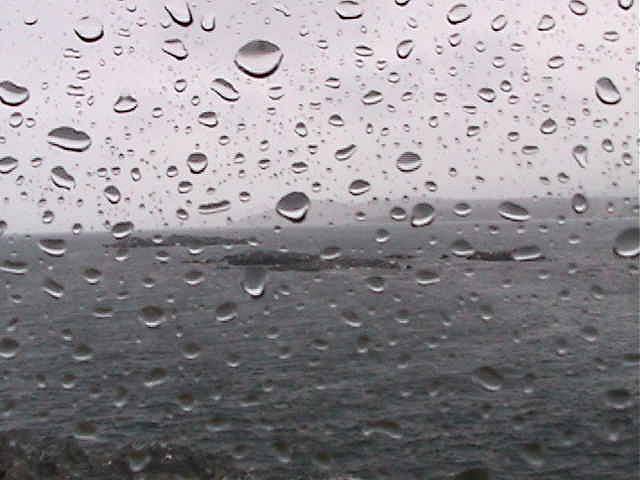
Go to this exercise on the Water Cycle , along with other biogeochemical cycles.
Other references: Google Climate change and Rainfall patterns
Global warming already changing rainfall...
Wetland Conservation – Threatened by Climate Change

Rainbow West of Great Race Rocks from the remote camera 5. Image by Garry Fletcher,

